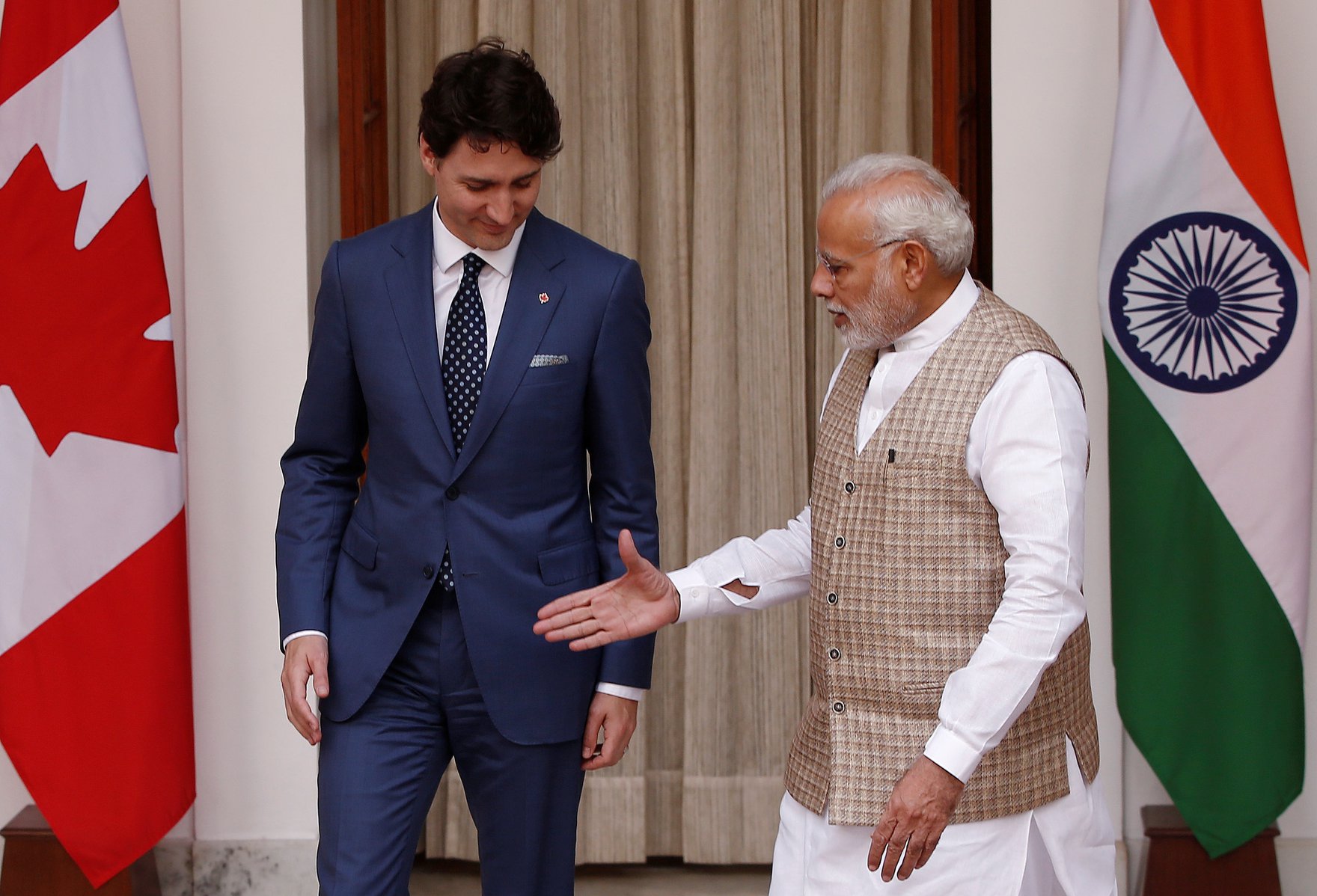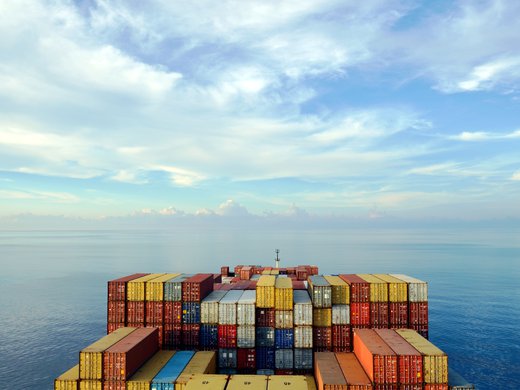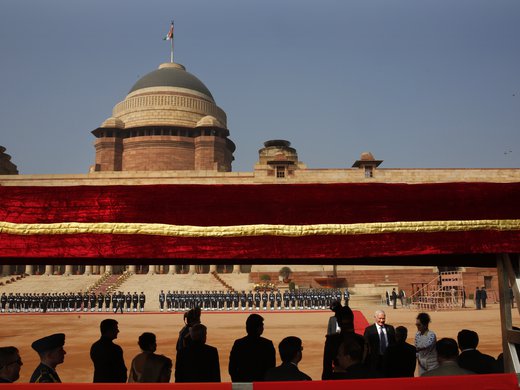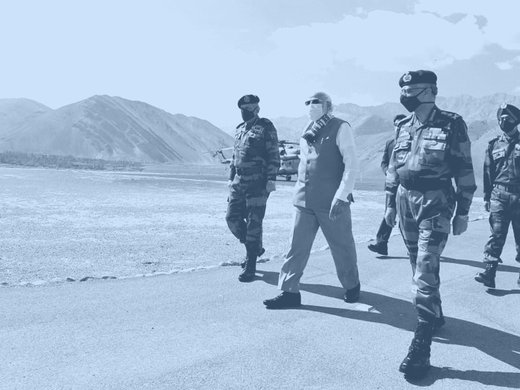A conversation between two countries outside of their official tracks can accomplish much when their underlying interests and values converge. It’s a bonus when their leaders have formed a friendship of the good. This is exactly the case with Canada and India. At a recent meeting of the Track 1.5 Dialogue on Innovation, Growth and Prosperity, the relationship between both countries was underscored by the unprecedented warmth between Indian and Canadian foreign ministers Subrahmanyam Jaishankar and François-Philippe Champagne. Champagne called the meeting a “family reunion,” and Jaishankar, who has a 40-year diplomatic association with Canada, recalled his visit to snowy Ottawa last December as a sign of true devotion to the two countries’ bilateral relationship — which would be made perfect, he said, if only Canadians would take the game of cricket more seriously.
That’s not entirely wishful thinking. An increasing number of Indians are heading to Canada for studies or work. There are currently 1.6 million Canadians of Indian heritage, and 220,000 Indians study in Canada annually. As a destination of choice for academic pursuits, Canada is second only to the United States; Indian students spend an estimated $5 billion in Canadian school fees each year.
At the meeting, Jaishankar discussed the great value of Canada and India’s deep democratic and societal connect, a relationship prized all the more in an “anachronistic world order” in which the two countries are natural partners for addressing the urgent challenges of the pandemic and climate change. Now, Champagne said, is the time for Canada and India to “seize the moment; be ambitious.”
A conversation between two countries outside of their official tracks can accomplish much when their underlying interests and values converge. It’s a bonus when their leaders have formed a friendship of the good.
Certainly, this moment is opening up a geopolitical space in which middle powers such as Canada and India have an opportunity to become — in the new bipolar world order — a third, alternative pole. Can the two countries build a futuristic partnership? Yes, but even the ministers recognize it will need hard work; historically, the relationship has underperformed. As the current controversy over Prime Minister Justin Trudeau’s comments about India’s striking farmers shows, a number of issues endure. In addition to India’s concerns regarding counter-terrorism and security, one might add nuclear technology transfer, and the ultra-slow development of bilateral trade and economic agreements. Trade, in particular, is centred on totally predictable streams — mainly raw materials and minerals from Canada to India, and textiles and some machinery from India to Canada. Anything that might be termed forward-looking, such as high-tech transfer and upper-level manufactures, accounts for less than five percent of total trade.
One spot to watch is the activity of Canadian pension funds in India, a small but growing sector ripe with potential. Canadian pension funds bring high-quality “patient” money, backed by sectoral management skills, to a country that has lots of absorptive capacity, particularly in infrastructure. India offers potentially high returns for the funds and also diversification from traditional investment markets in North America.
So, what else can India and Canada do together? The pandemic provides additional opportunities for cooperation. Champagne hosts the Ministerial Coordination Group on COVID-19, which calls his counterparts from India and several other key countries to discuss and cooperate on the pandemic together. Both Canada and India are part of COVAX, the global vaccine subsidization and distribution facility, which might be a harbinger for greater cooperation in science and spur fresh approaches to managing intellectual property multilaterally.
Bilaterally, Canada and India can also help reform an outmoded world order, build resilient supply chains, and enhance cooperation on cyber and data security. The moment is propitious, as Canada’s neighbour to the south adjusts to its new global positioning and China’s contested ascendancy refocuses global attention. Multilaterally, Canada, a Group of Seven member with vast multilateral experience and depth, can share its knowledge and work with India as it prepares for its Group of Twenty (G20) presidency in 2023. The two countries have a history of cooperating in the G20 format, having co-chaired groups on financial sector resilience and on sustainable growth.
In the near term, cooperation in the Indo-Pacific and in the digital realm can deliver quick results and lay the groundwork for deepening the relationship. For starters, the Indo-Pacific should now feature prominently in the bilateral India-Canada agenda. Canada might also claim its Pacific heritage and boost its existing Atlantic policy proximity by hosting a triangular dialogue with Europe and India on regional security and economic development. On digital cooperation, there’s much to offer: for example, India’s model of digital public goods for fintech and, now, health infrastructure, and Canadian expertise in industrial innovation and new technologies. Further, a shared set of values regarding technology and society will help the two countries to define global digital governance and extend this virtuous global digital footprint to third countries.
The inherent structural bilateral links, the changing contours of geo-economics and a promising, forward-looking agenda can carry today, and lay the foundations for tomorrow.



